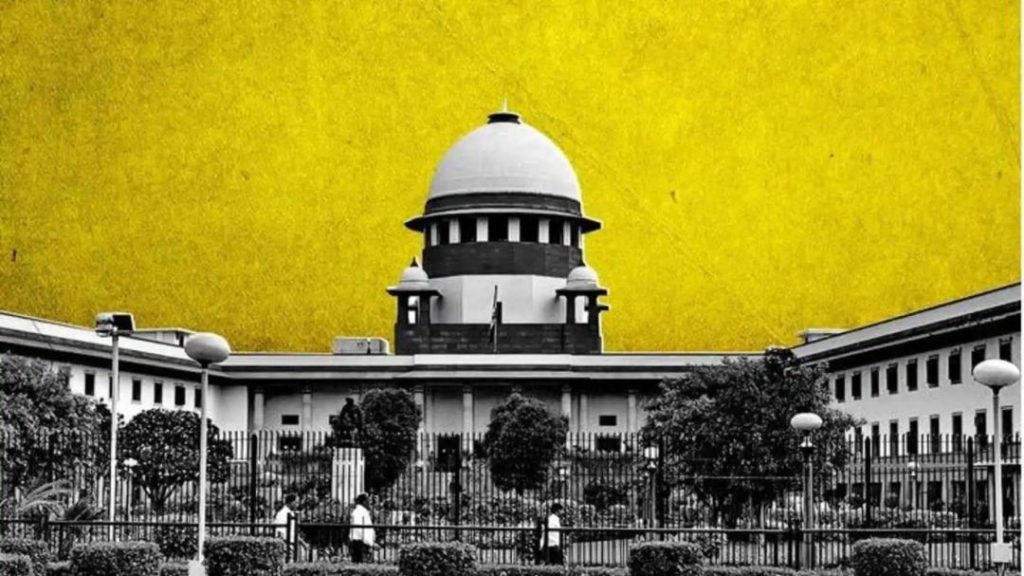
If there’s mass exclusion, we’ll step in: SC on Bihar SIR exercise
The Supreme Court has taken a keen interest in the Election Commission’s (EC) Special Intensive Revision (SIR) exercise for Bihar, which has been facing criticism for allegedly excluding a large number of voters from the electoral rolls. The apex court has assured that it will “immediately step in” if there is mass exclusion of voters during the SIR exercise.
A bench comprising Justices Surya Kant and Joymalya Bagchi listed the petitions challenging the SIR exercise for hearing on August 12 and 13. The bench’s assurance came while hearing a batch of petitions filed by political parties and civil society organizations, which have raised concerns over the EC’s move to prune the electoral rolls in Bihar.
The SIR exercise is a process of reviewing the electoral rolls to remove duplicate entries, dead voters, and those who have shifted their residence. However, the exercise has been marred by allegations of mass exclusion of voters, particularly in rural areas. The EC has maintained that the exercise is aimed at ensuring the integrity of the electoral process and has asked citizens to verify their names on the electoral rolls.
The Supreme Court’s intervention comes at a time when the EC is under pressure to ensure that the SIR exercise is carried out in a fair and transparent manner. The exercise has been delayed several times, and the EC has faced criticism for not providing adequate notice to citizens about the exercise.
The petitions filed before the Supreme Court have sought directions to the EC to ensure that the SIR exercise is carried out in a fair and transparent manner, and to provide adequate notice to citizens. The petitioners have also sought directions to the EC to ensure that the exercise does not lead to mass exclusion of voters.
The Supreme Court’s assurance to “immediately step in” if there is mass exclusion of voters has given a boost to the petitioners, who are fighting for the rights of citizens to exercise their franchise. The EC’s move to prune the electoral rolls has also raised concerns about the possibility of disfranchisement of large numbers of voters, particularly in rural areas.
The SIR exercise has been criticized by many, including political parties and civil society organizations, who have alleged that the exercise is being carried out in a biased manner. The exercise has also been opposed by many citizens, who have alleged that they are being excluded from the electoral rolls without any notice or opportunity to prove their identity.
The Bihar government has also been accused of not doing enough to ensure that the SIR exercise is carried out in a fair and transparent manner. The government has been criticized for not providing adequate resources to the EC to carry out the exercise, and for not taking adequate measures to ensure that the exercise does not lead to mass exclusion of voters.
The Supreme Court’s intervention has come as a relief to many, who are concerned about the impact of the SIR exercise on the electoral process in Bihar. The court’s assurance to “immediately step in” if there is mass exclusion of voters has given a boost to the petitioners, who are fighting for the rights of citizens to exercise their franchise.
In conclusion, the Supreme Court’s intervention in the SIR exercise for Bihar has given a boost to the petitioners, who are fighting for the rights of citizens to exercise their franchise. The court’s assurance to “immediately step in” if there is mass exclusion of voters has sent a strong message to the EC and the Bihar government that any attempt to disfranchisement of large numbers of voters will not be tolerated.






